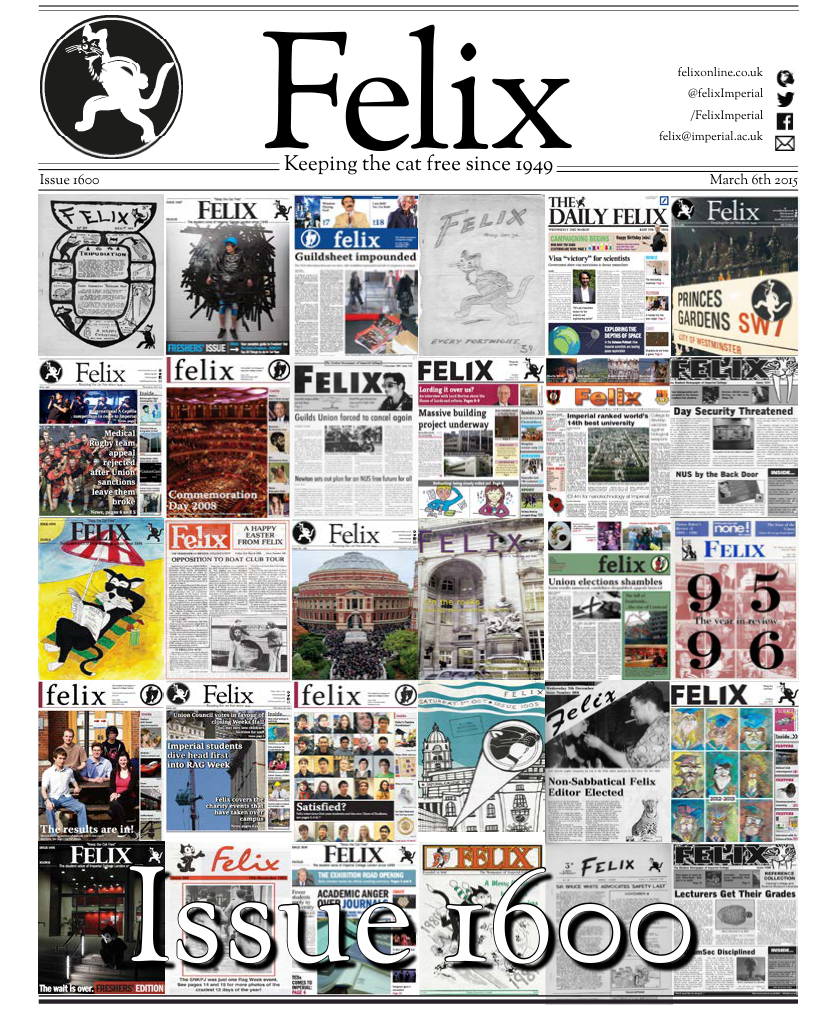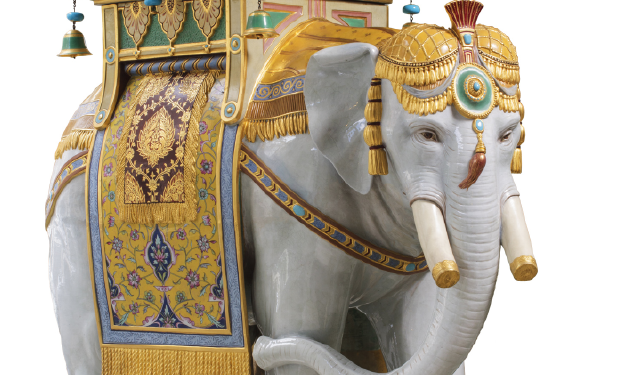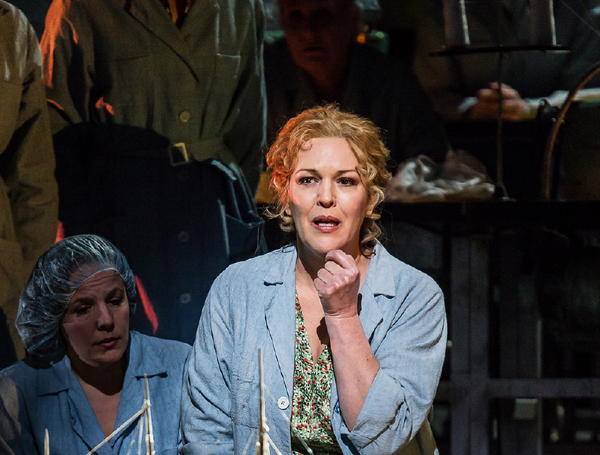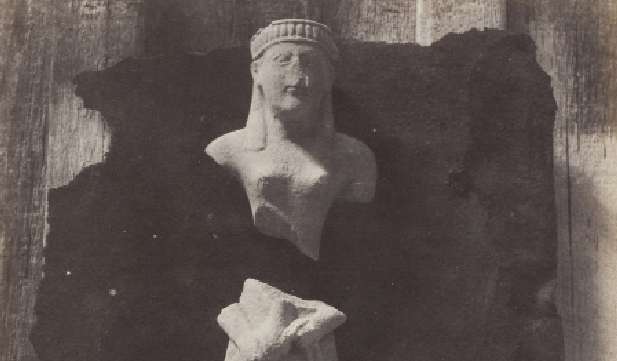My Favourite Play – The Importance of Being Earnest
Jack Steadman tells us why Wilde's wit is the best around

I have such an obvious fondness for Arcadia – and for Stoppard’s work in general – that my picking it as my favourite play seems like a foregone conclusion. So let’s side step that conversation by turning straight to my second-favourite play. Now comes the requirement to actually think about the answer to this.
There are quite a few candidates – Jez Butterworth’s Jerusalem and Mojo spring up as early contenders, alongside the brilliantly funny One Man, Two Guv’nors by Richard Bean. But the winner is probably Oscar Wilde’s last – greatest – play, The Importance of Being Earnest.
There’s a lot of history surrounding Earnest, not least the part it played in Wilde’s eventual trial and imprisonment for “gross indecency”. It was at the opening night that the Marquess of Queensbury, father of Wilde’s lover (and somewhat displeased at this arrangement), attempted to present Wilde with a bouquet of rotten vegetables (he failed), and it was during the show’s run that Wilde and Queensbury’s feud made its way to the courts. Earnest marked the pinnacle of Wilde’s career, with the downfall that must follow such a claim coming brutally swiftly. 86 performances later, Earnest closed. Public opinion was no longer on Wilde’s side.
Despite that, Earnest endures. Despite all the controversy surrounding it, despite the depressingly short original run, it continues to find itself being revived on a near-constant basis, regularly appearing in some new form in the West End.
The reason for that can be found in the sheer joy of seeing Earnest performed. Described in its full title as “a trivial comedy for serious people”, this is a play that takes neither itself, the audience, nor its apparent targets seriously. It’s as much a farce as anything, dealing as it does with multiple cases of mistaken identity – each of them equally improbable – as well as ridiculous fascinations with names as a reason for marriage.
Taking the text itself and examining it, there’s not always much to recommend Earnest. The plot – as mentioned – is absurd. The characterisations are often flimsy. The satire is, these days, borderline toothless, and the capacity to introduce new relevance – as in Shakespeare – is limited.
And yet, when put in the hands of a skilled cast, it springs to life; jokes that seem dated on the page are suddenly hilarious; there’s enormous space for physical comedy; the interplay between the characters is a joy to behold when the lines are being thrown, rapid-fire, between skilled actors.
Earnest is the ultimate example of a ‘fun play’. It’s hugely entertaining with a good cast, and from the other side it’s a treat to perform. It’s a far, far smarter play than its surfaces suggest – I stand by all my claims of toothless satire and limited relevance – because its apparent lack of any real subject is the whole point.
Earnest is as much Wilde’s two-fingered salute to the literary establishment of the day, and it’s a salute that holds true now. As an artistic point alone, it’s fantastic. The fact it’s fun to perform and watch is simply a bonus.









